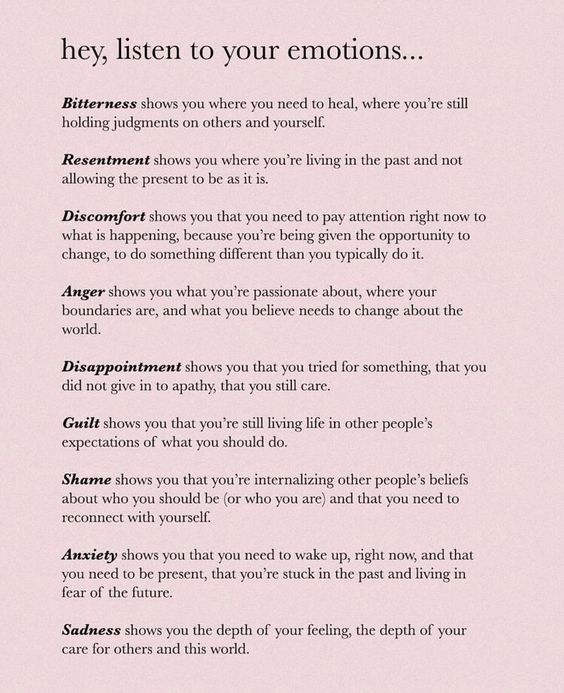When you’re struggling with a severe illness, injury or loss, people will often tell you to “Stay, strong” or “Be positive.” And while strength and positivity certainly help tremendously in overcoming our struggles, it is perfectly alright to admit you are not okay.
I was reminded of this while have having lunch with my husband the other day. Over bites of our sandwiches, he lovingly looked at me and said, “You know, you don’t always have to be strong.”
Admittedly, those were words I needed to hear.
For most of my life I have been afraid of showing my emotions. For a long time, I also believed that I was incapable of controlling my emotions. I lived in fear of my “dark side” being exposed. I knew all to well the nasty road anxiety, fear, depression and guilt can lead you down. And I was afraid that if I admitted or recognized my weaknesses they would grow to overwhelm me.
But I’ve come to learn that recognizing your feelings is how you actually learn to control them. By choosing to honor the feeling that you are experiencing—whether it is anxiety, fear, guilt or sadness—and not trying to numb or push the uncomfortable feelings away, you can ultimately learn how to calm and manage your emotions. So, in honor of Mental Health Awareness Week, I’d like to share some tips and strategies that have helped me in hopes they can help you too.
What is an emotion?
First, I feel it’s important to define what exactly an emotion is. An emotion is a vibration you feel in your body which is created by your mind. So, in other words, an emotion is a physical sensation that is caused by your mind. Or more simply: emotions are created by your thoughts.
You have control over your emotions.
Emotions are created in response to your thoughts. And you have quite a bit of control over what thoughts you think. Which means you have some degree of control over your emotions. In fact, even just being aware of your emotions on a conscious level can significantly change the way you experience an emotion. Many times, what we interpret as a physical sensation is actually an emotion. For example, you may interpret the feeling or sensation of hollowness in your stomach as being hungry, even though you’re actually feeling bored but not consciously aware of the emotion.
Resisting feeling an emotion can lead to more problems.
Resisting the emotion is a very common response. We may try to suppress the emotion or distract ourselves from feeling it. The self-help world refers to this as buffering. Examples of buffering include shopping, drinking alcohol, gambling, eating and even working to avoid feeling the emotion. None of these behaviors are intrinsically bad, but when they are used to avoid experiencing our emotions, the end result is negative.
Consciously experiencing an emotion is something many people struggle with. But being intentionally aware of your emotions allows you to fully enjoy the positive emotions while moving through the negative emotions more quickly. Buffering or avoiding emotions, on the other hand, keeps you from processing those negative emotions (and from being fully aware of positive emotions). This doesn’t make the negative emotions go away—you’re just avoiding them.
Learn to tune into your emotions and honor how you are feeling.
Let’s face it. Emotions can be uncomfortable so learning to intentionally focus on what you are feeling takes some practice. Here are some strategies to help you get in touch with how you’re truly feeling about a situation:
Try to name the emotion. This will help bring conscious awareness to the emotion.
Do a thought download. Write down your stream-of-consciousness (i.e. every thought that pops into your head) for 3-5 minutes. This will help you to access the thoughts that aren’t conscious, but that are affecting the way you feel.
Take some time out to process. Often we try to avoid thinking, because we’re trying to avoid the emotion. Writing in a journal or taking some quiet time to yourself allows you to be mentally present.
Remember, your emotions can’t hurt you.
So often, we are terrified of feeling emotions. We will usually do anything in our power to avoid feeling unpleasant— even if that discomfort will only last a short time. Which is interesting, if you think about it. If you knew you would have to feel terrified for five minutes, but nothing bad would happen to you, you could do that, right? After all, an emotion is just a vibration in your body. It can’t actually hurt you. And just because we are feeling scared or worried now, it’s important to remember this feeling is only temporary.
Through the events in our lives, both good and bad, we ultimately learn who we are and what makes us tick. Life is not about creating happily ever after—it’s about taking it one day at a time and accepting that we will all go through times when we won’t feel happy. And THAT is perfectly okay.



